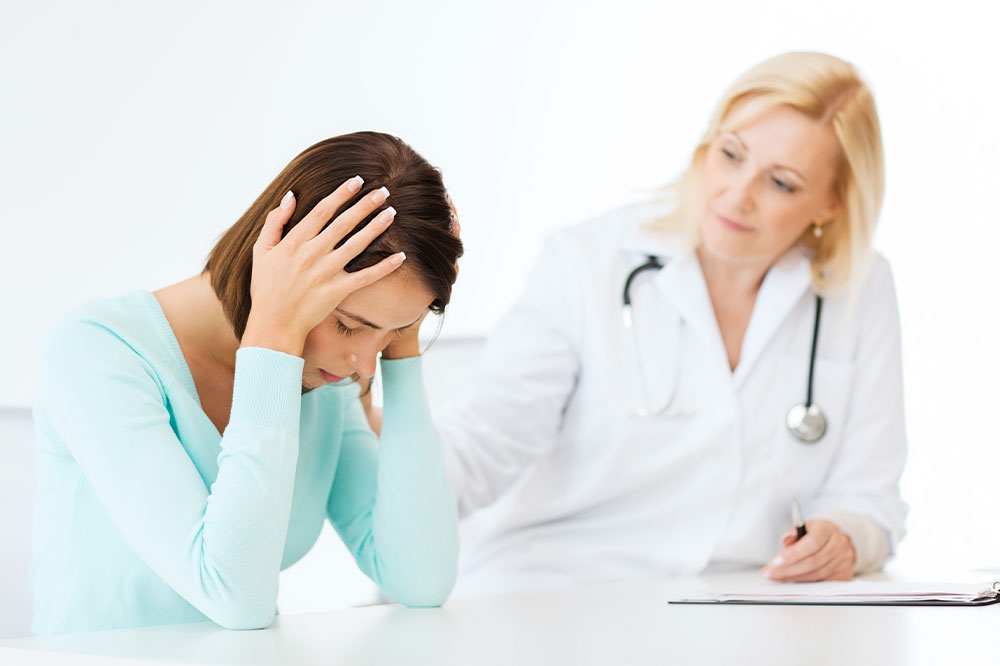Understanding Major Depressive Disorder: Causes, Symptoms, and Treatments
Major depressive disorder is a serious mental health condition affecting many individuals worldwide. Recognizing its triggers, symptoms, and available treatments is vital for effective management. Early intervention, therapy, medication, and lifestyle changes can significantly improve quality of life for those experiencing depression, emphasizing the importance of seeking professional help promptly.
Sponsored

Major depressive disorder (MDD) is a serious mental health condition characterized by persistent feelings of sadness, hopelessness, and loss of interest in activities. This disorder can disrupt daily life, affecting work, relationships, and overall well-being. MDD varies in severity and duration, requiring prompt professional intervention to manage symptoms effectively. Recognizing the signs early and seeking appropriate treatment is crucial for recovery and improved quality of life.
Common triggers for depression
While specific causes remain unknown, several factors can contribute to depression's development, including genetic, environmental, and psychological influences.
Individuals experiencing trauma, such as loss, breakup, career failures, or health crises, may be at higher risk. Some common depression triggers include:
Stressful life events
Early childhood trauma or divorce
Genetic predisposition
Postpartum period
Social isolation
Financial difficulties
Witnessing accidents, violence, or trauma
Chronic illnesses like hypothyroidism
Bullying or harassment
Symptoms of major depression
Symptoms can vary but often significantly impair daily functioning in affected individuals.
_Common psychological signs include:_
Persistent sadness
Feelings of hopelessness
Low self-esteem
Frequent crying spells
Feelings of guilt, irritability, and intolerance
Lack of motivation
Difficulty making decisions
Increased anxiety
Severe depression and psychotic features
In some cases, depression can include psychotic symptoms, indicating urgent need for treatment. These symptoms include:
Hallucinations — seeing or hearing things that aren’t there
Delusions — false beliefs not based in reality
Disorganized thoughts or speech, rapid talking, or sudden silences
Diagnosis of depression
Healthcare providers perform physical exams, detailed interviews, and standardized questionnaires to assess depression. Blood tests and brain imaging may also be used to rule out other conditions or identify neurological causes.
Treating major depressive disorder
Various healthcare professionals, including psychiatrists, psychologists, therapists, and primary care providers, can assist in treatment. Management often involves a combination of approaches, which may extend over several months.
Psychotherapy and medication
Therapists facilitate conversations through individual or group sessions, helping patients identify causes and develop coping skills. If symptoms persist, doctors may recommend medications or brain stimulation therapies. Some of these include:
Vagus nerve stimulation
Electroconvulsive therapy (ECT)
Repetitive transcranial magnetic stimulation (rTMS)
Transcranial direct current stimulation (tDCS)
Additional ways to manage depression
In addition to therapy, lifestyle modifications can support recovery, including setting goals, maintaining routines, engaging in daily exercise, eating nutritious foods, and ensuring good sleep hygiene.






